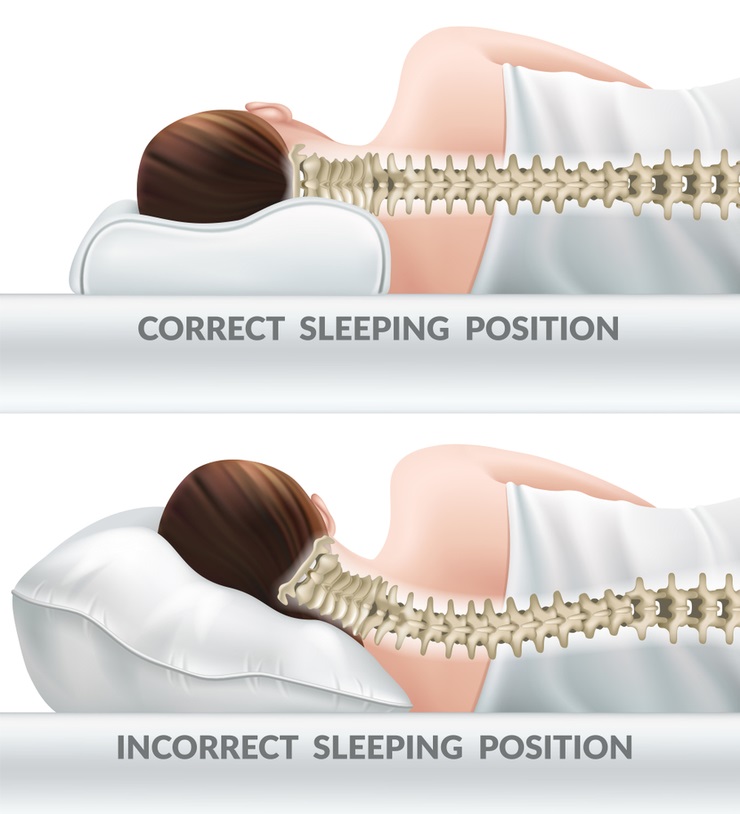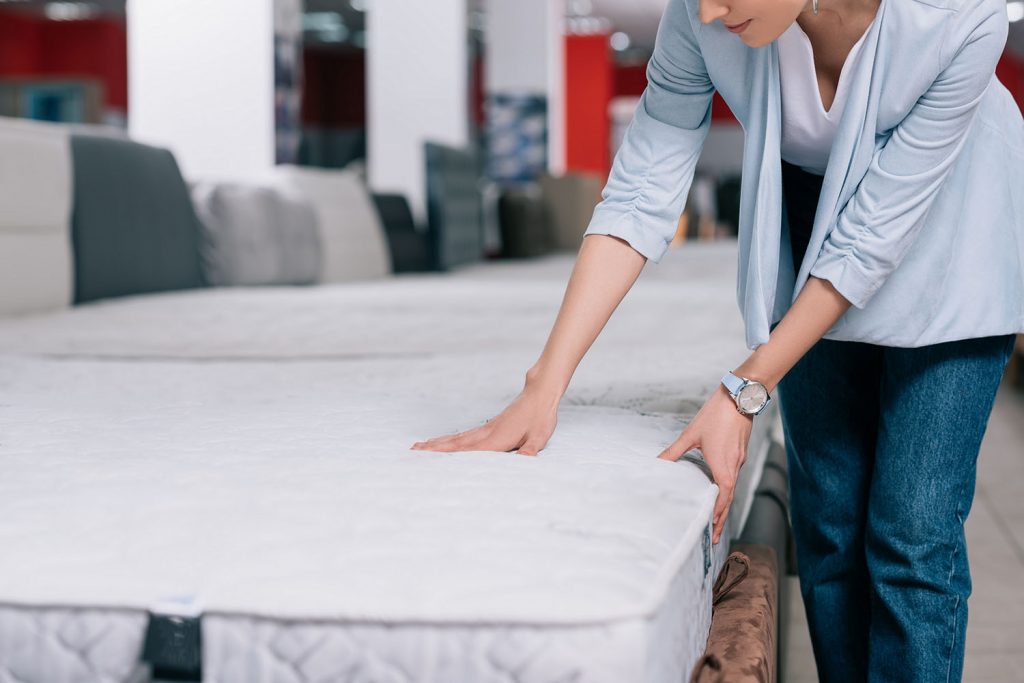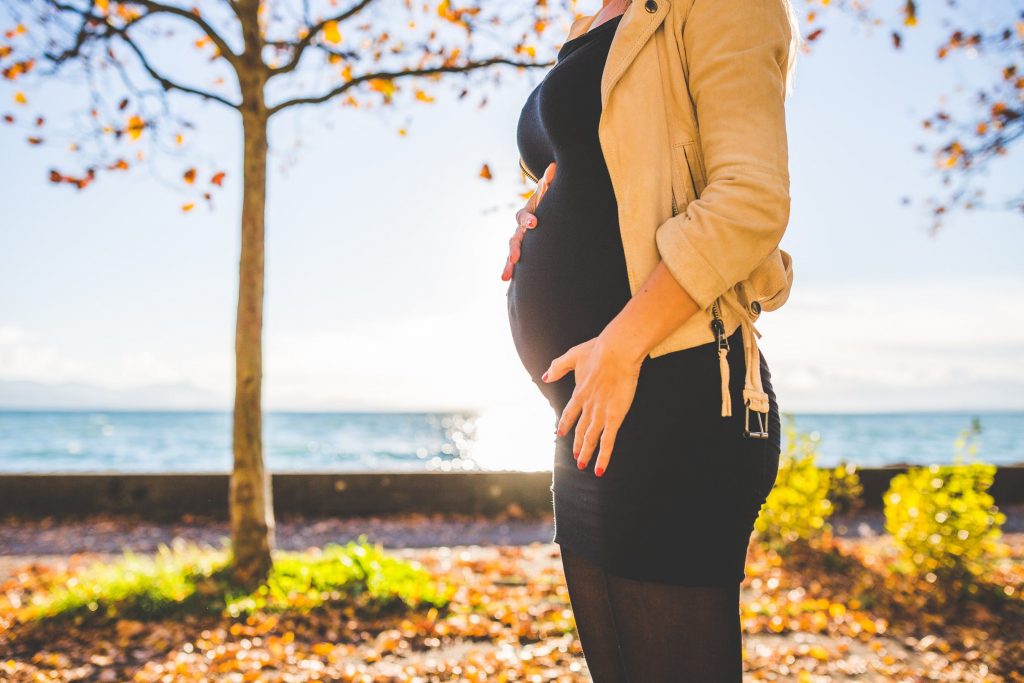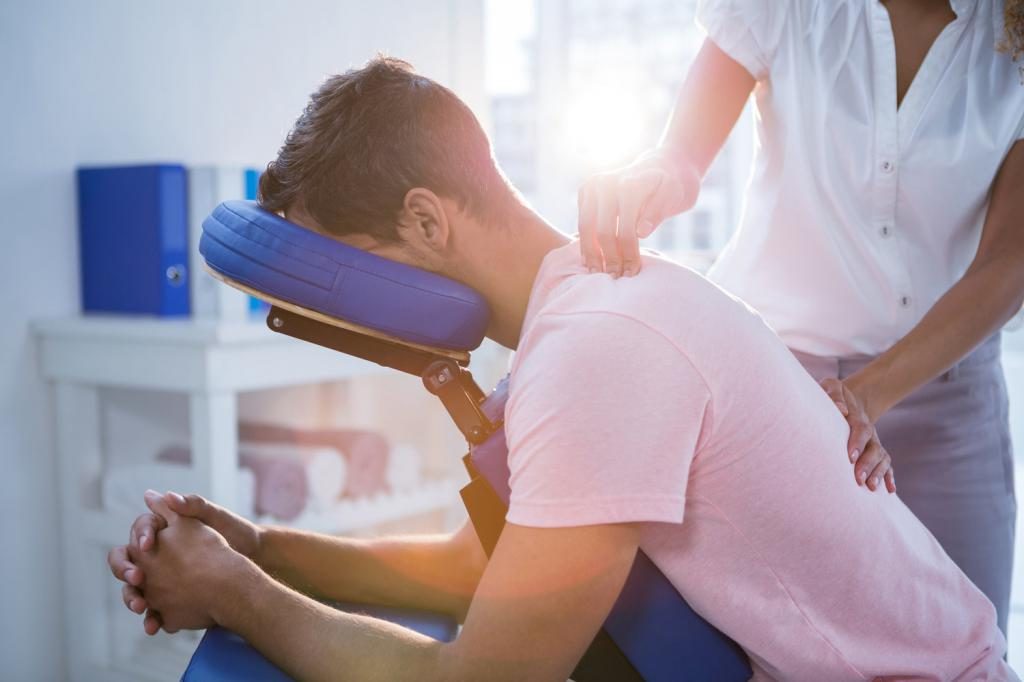Table of Contents
Morning back pain is common for many reasons. It can be caused by something simple, like staying in bed too long, but it can also be a symptom of something more serious, like disc degeneration. If the back pain persists, it is vital to determine the cause and take the necessary steps to find relief.
Reasons People Experience Morning Back Pain
When the back hurts after sleeping, starting the day is uncomfortable. People usually experience mid or lower back pain, which indicates stiff muscles due to poor blood flow or a medical condition. The following are common reasons for back pain after sleeping.
1. Sleeping Posture
A poor sleeping posture can place pressure on the spine. When the spine loses its natural curvature, strain is placed on ligaments, muscles and discs. The longer an individual sustains a poor sleeping posture, the more likely back tissues experience microdamage and muscle spasms. Poor sleeping posture that does not support the spine also affects sleep quality, exacerbating the problem. Sleeping on the stomach or side is more supportive and relieves pressure on the spine, so the back’s tissues get rest like the rest of your body.

2. Unsupportive Mattress
The mattress may not provide enough support if you regularly wake up with lower back pain in the morning. It might be too soft, too firm or has lost its firmness due to age. The Sleep Foundation’s research has found that a medium-firm mattress can reduce back pain symptoms by almost 50%.

3. Over Exertion During the Day
Overexerting your back muscles and ligaments during the day at work or home while exercising or participating in athletic events can cause tissue inflammation, stiffness and pain. While sleeping, you are not keeping the muscles stretched.
Waking up with mid back pain may be an indication you have tension in the trapezius muscle caused by an awkward sleeping position. The trapezius muscle is a large triangular back muscle that extends from the neck to the lower middle back. It can be strained by sleeping on your stomach, using a mattress that is not supportive, going to sleep after overusing the muscle or maintaining a hunched posture during the day, which causes muscle strain.
4. Pregnancy
Back pain is common in pregnant women and can get worse while sleeping. Sleeping on the back puts excessive pressure on the spine and back muscles. Numerous changes occur in the pelvis area during pregnancy, including the sacroiliac joints. The best sleeping posture is sleeping on the side. Some women find that putting a pillow between their knees helps them avoid waking up with back pain.

5. Fibromyalgia
Fibromyalgia is a pain disorder that may cause pain in muscles, joints and soft tissues. The disorder can cause fatigue and low sleep quality. Poor sleep quality can worsen pain.

6. Degenerative Disc Disease
Back pain after sleeping may be due to degenerative disc disease, which causes the compression of spinal nerves. While sleeping, the compression is increased. Degenerative disc disease includes spinal arthritis and ruptured (herniated) or bulging disk. The pain can develop over time unless it is due to an injury. Inflammation can lead to night pain and worse pain when waking up.
Discuss Morning Back Pain With a Doctor
There are other reasons people experience morning back pain, like stress and poor fitness. Waking up in the morning with back pain is not an excellent way to start the day. If the pain is persistent or interferes with life activities, it is essential to consult a doctor. Lower back pain in the morning or waking up with mid back pain after sleeping are everyday experiences. Still, a doctor can help you develop a self-care plan for relieving or diagnosing the medical condition causing persistent pain.
Sources
- https://www.ncbi.nlm.nih.gov/pmc/articles/PMC8631621/
- https://www.sleepfoundation.org/physical-health/waking-up-with-lower-back-pain#references-80482
- https://www.physio-pedia.com/Trapezius
- https://www.ncbi.nlm.nih.gov/pmc/articles/PMC2684210/
- https://www.arthritis.org/diseases/fibromyalgia
- https://pubmed.ncbi.nlm.nih.gov/24221918/
